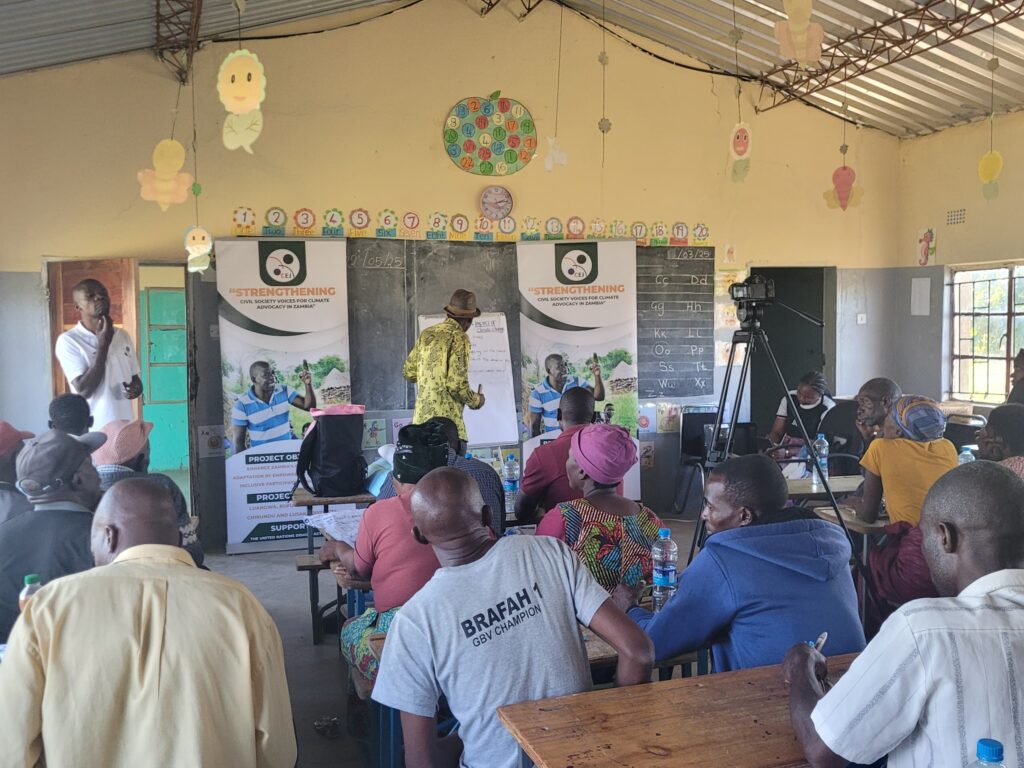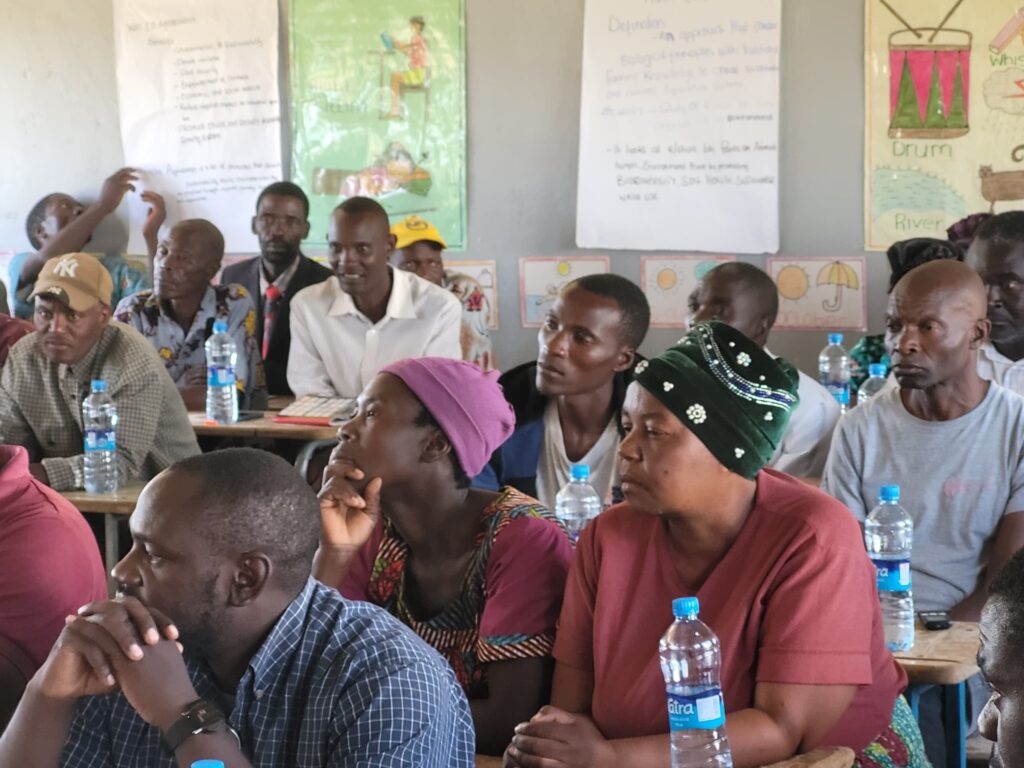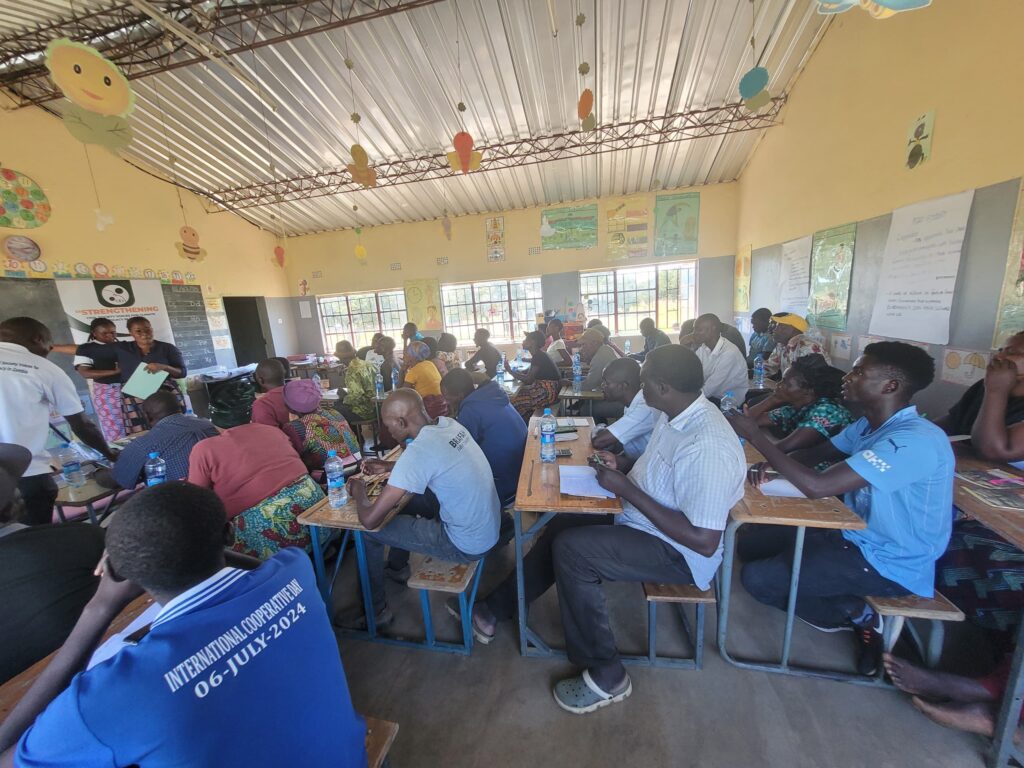Supporting food system resilience for thriving communities-UNDEF
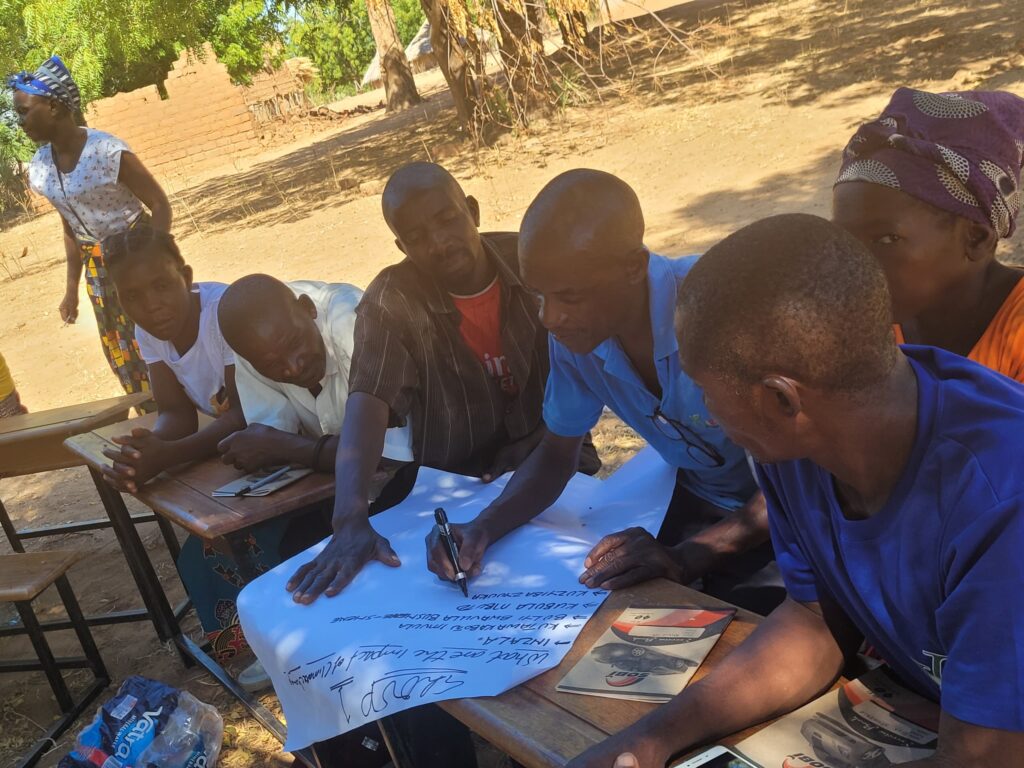
Project Summary
The Centre for Environment Justice is implementing a project “Strengthening Civil Society Voices for Climate Advocacy in Zambia” with support from the United Nations Democracy Fund. The project aims to enhance Zambia’s climate change resilience by addressing the existing gaps in policy application and coordination through strengthening Civil Society Organizations (CSOs). The project is implemented in five (5) districts namely; Lusaka, Chirundu, Luangwa, Chongwe and Rufunsa. Within this project, is the component of Agroecology Food Security Initiative targeting smallholder farmers, youth, and community leaders with the objective of building resilience through agroecological principles and sustainable farming techniques.
Description of the Agroecology Food Security Initiative
The Agroecology Food Security Initiative (AFSI) is a transformative, community-centered approach aimed at building sustainable, resilient, and equitable food systems in rural and peri-urban communities. This initiative responds to the growing challenges of food insecurity, soil degradation, biodiversity loss, and climate change, particularly affecting smallholder farmers, women, and youth.
Rooted in the principles of agroecology, the initiative emphasizes the integration of ecological science with traditional farming knowledge to promote environmentally friendly agricultural practices, strengthen local economies, and improve household nutrition and livelihoods.
Purpose and Vision
The initiative’s overarching purpose is to enhance food security and community resilience by promoting farming systems that:
- Conserve natural resources
- Restore soil health and biodiversity
- Reduce dependence on costly chemical inputs
- Empower marginalized groups, especially women and youth
- Foster local ownership of food production and decision-making
Key Components and Activities
- Promotion of Traditional Knowledge and Biodiversity
- Encouragement of indigenous crops and traditional farming methods
- Preservation of local seed varieties and use of bio-inputs
- Soil and Water Conservation
- Practices such as mulching, contour farming, agroforestry, and water harvesting to improve soil fertility and moisture retention
- Strengthening Local Food Systems
- Support for local production and consumption
- Establishment of community seed banks and local marketplaces
Core Agroecological Principles Applied
- Diversity (crop, seed, and income)
- Synergies between plants, animals, and ecosystems
- Resilience to climate and market shocks
- Efficiency in use of resources
- Recycling of organic materials
- Human and social values — equity, inclusion, and knowledge-sharin
Community Benefits and Impacts
Direct Benefits:
- Enhanced agricultural knowledge: Farmers are now equipped with techniques that improve crop yields using natural methods.
- Reduced input costs: Composting and natural fertilization reduce dependence on expensive synthetic chemicals.
- Climate resilience: Communities are better prepared to cope with climate variability through sustainable land management.
- Youth engagement: Young people have gained practical skills in agroecology, offering them new livelihood paths.
Wider Community Impacts
- Strengthened community collaboration and group-based problem solving.
- Increased awareness of environmental stewardship and resource conservation.
- Reinforced local food systems, reducing reliance on external food aid or expensive market produce.
- Promoted gender inclusivity by ensuring women’s participation and leadership in learning groups.
Achievements to Date
- Strengthened community collaboration and group-based problem solving.
- Increased awareness of environmental stewardship and resource conservation.
- Reinforced local food systems, reducing reliance on external food aid or expensive market produce.
- Promoted gender inclusivity by ensuring women’s participation and leadership in learning groups.
Community Support in Luangwa District
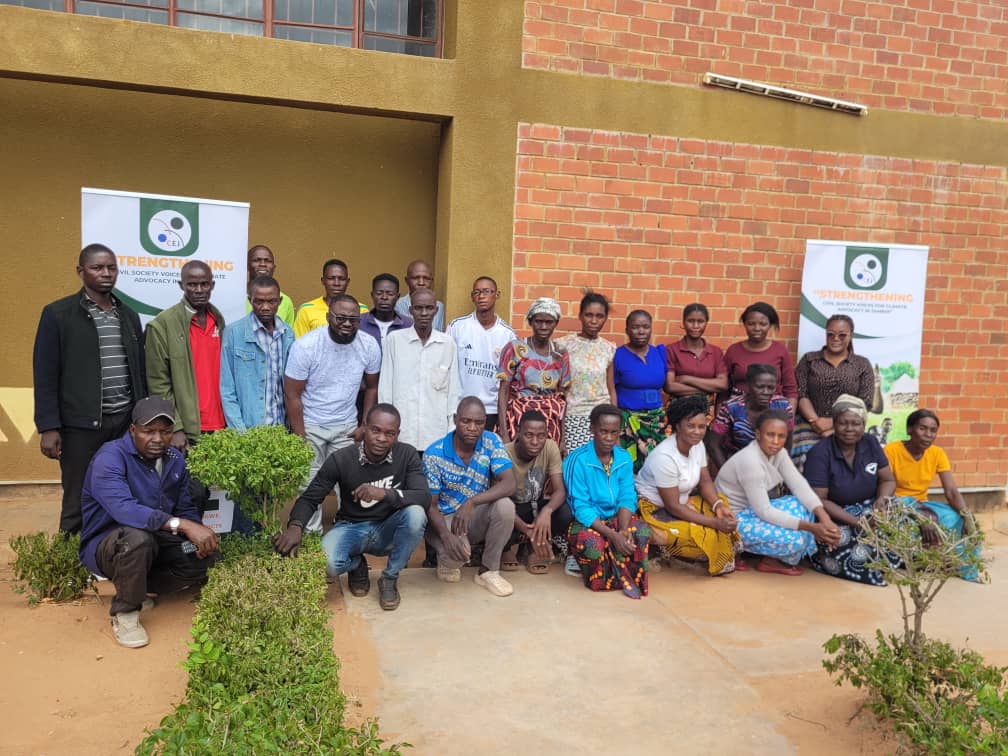
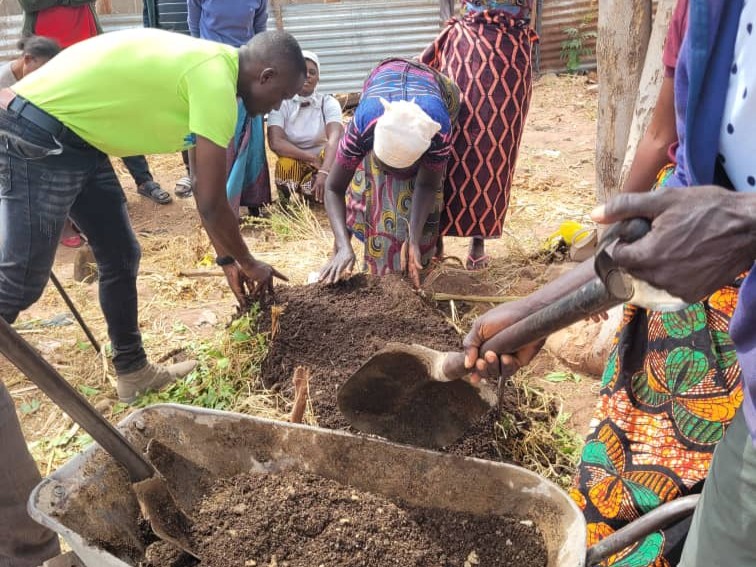
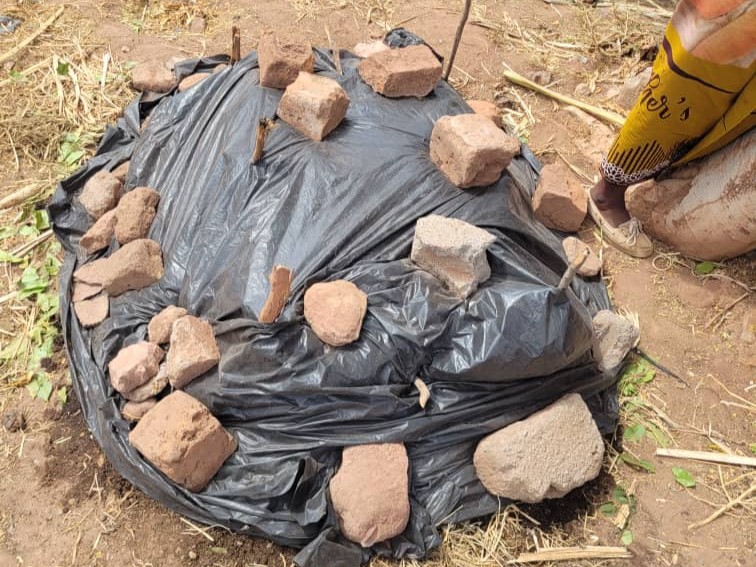
Community Support in Rufunsa District
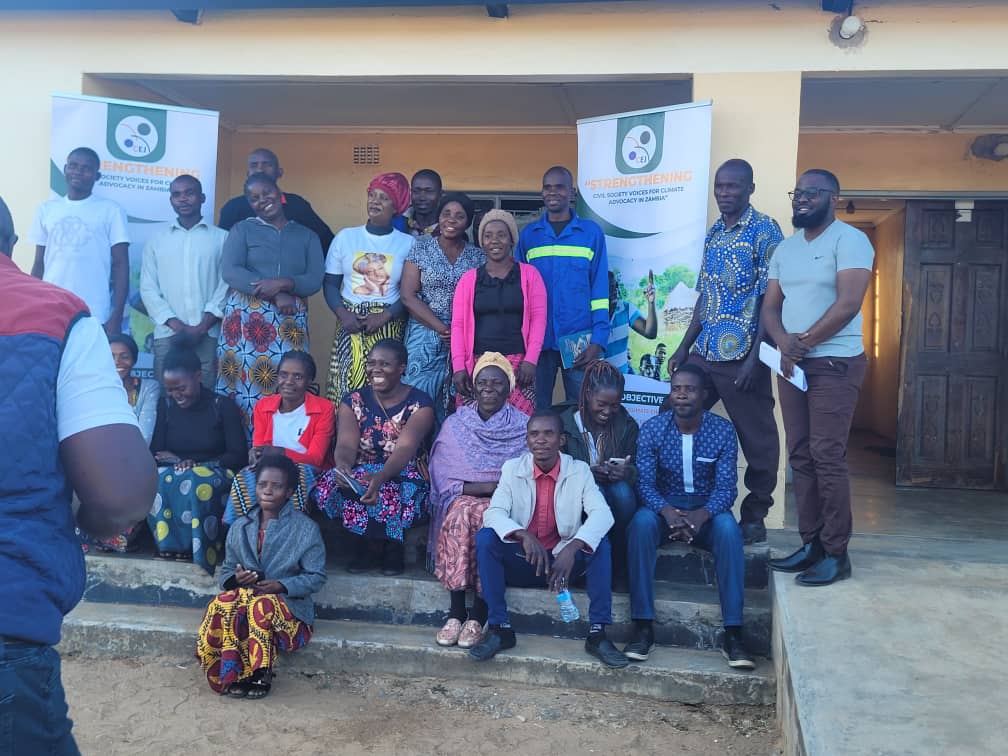
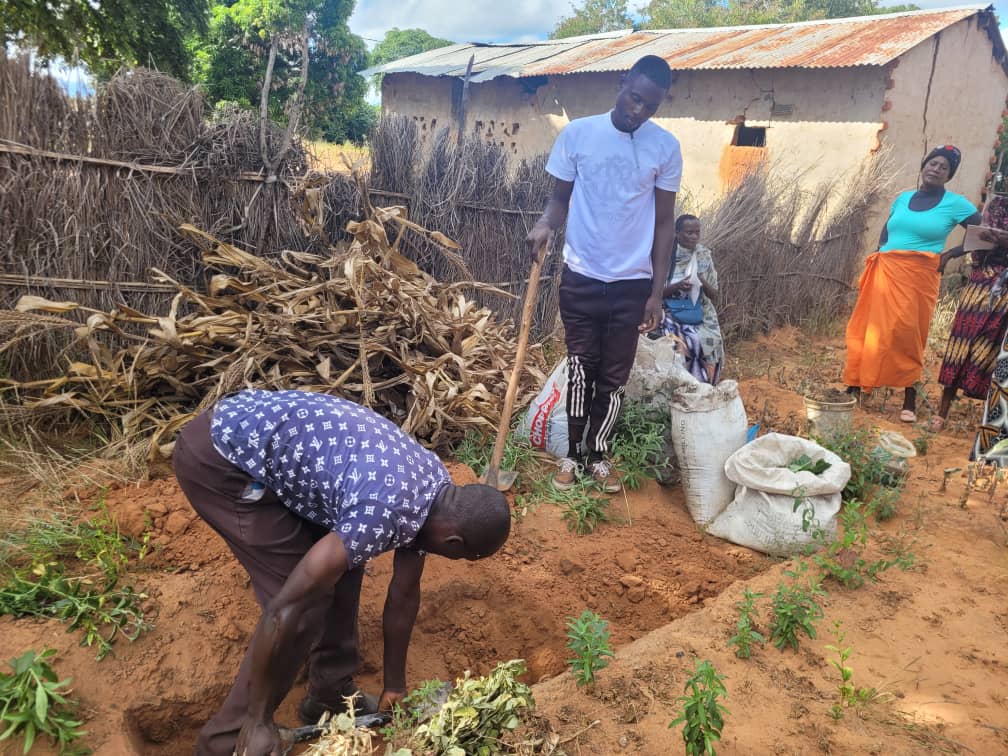
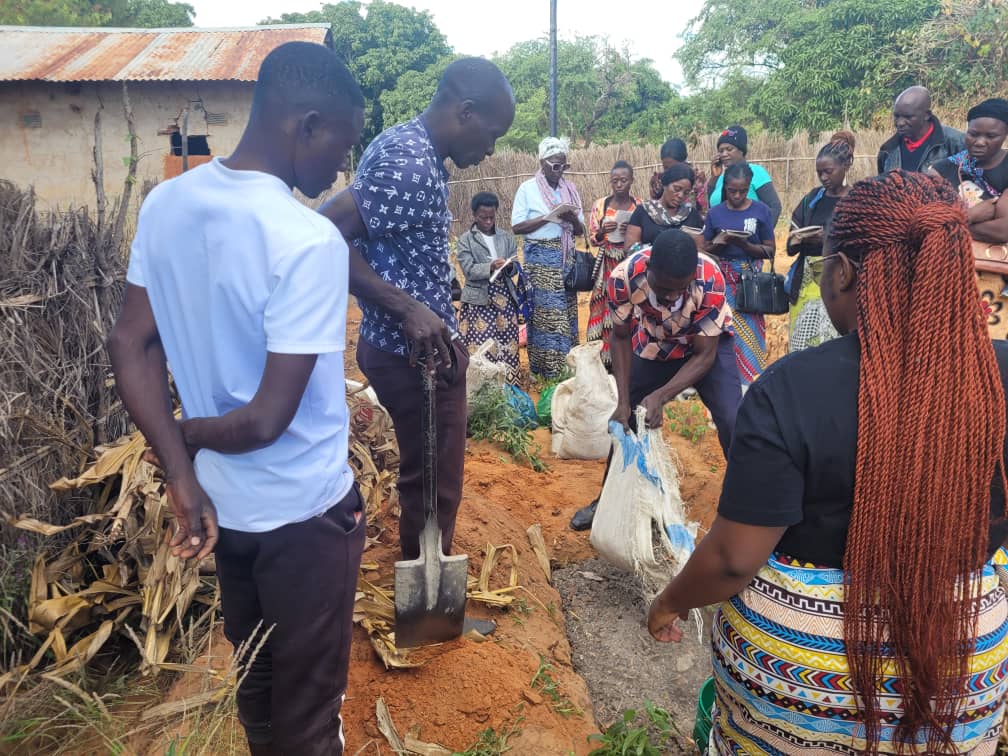
Community Support in Chongwe District
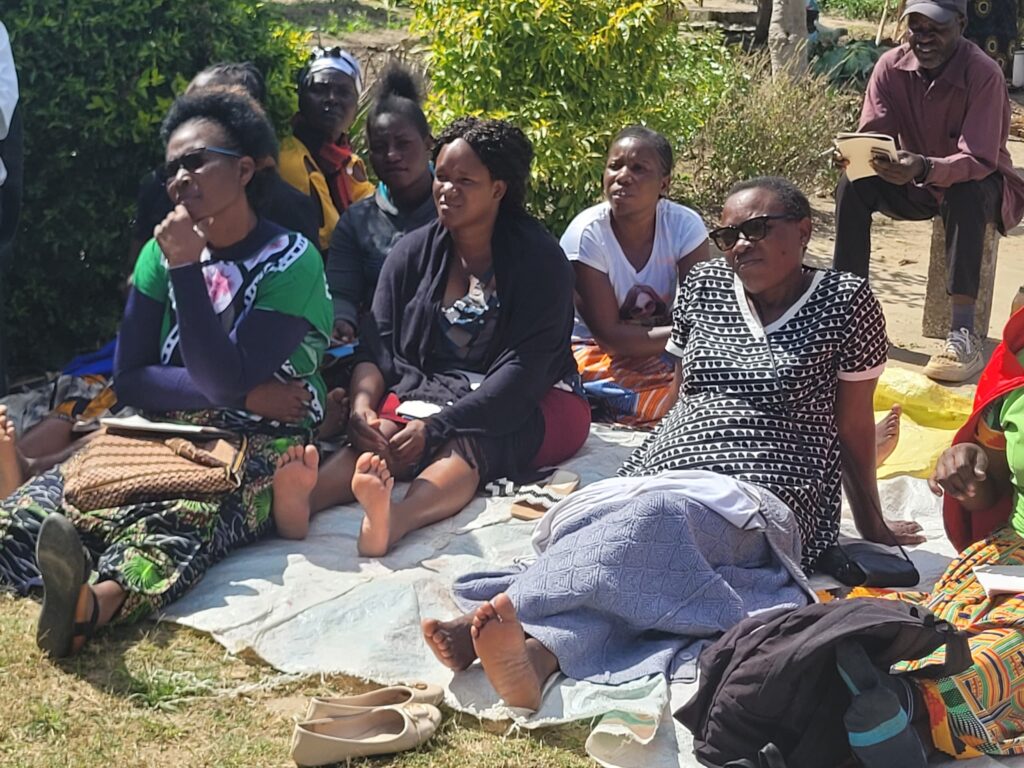
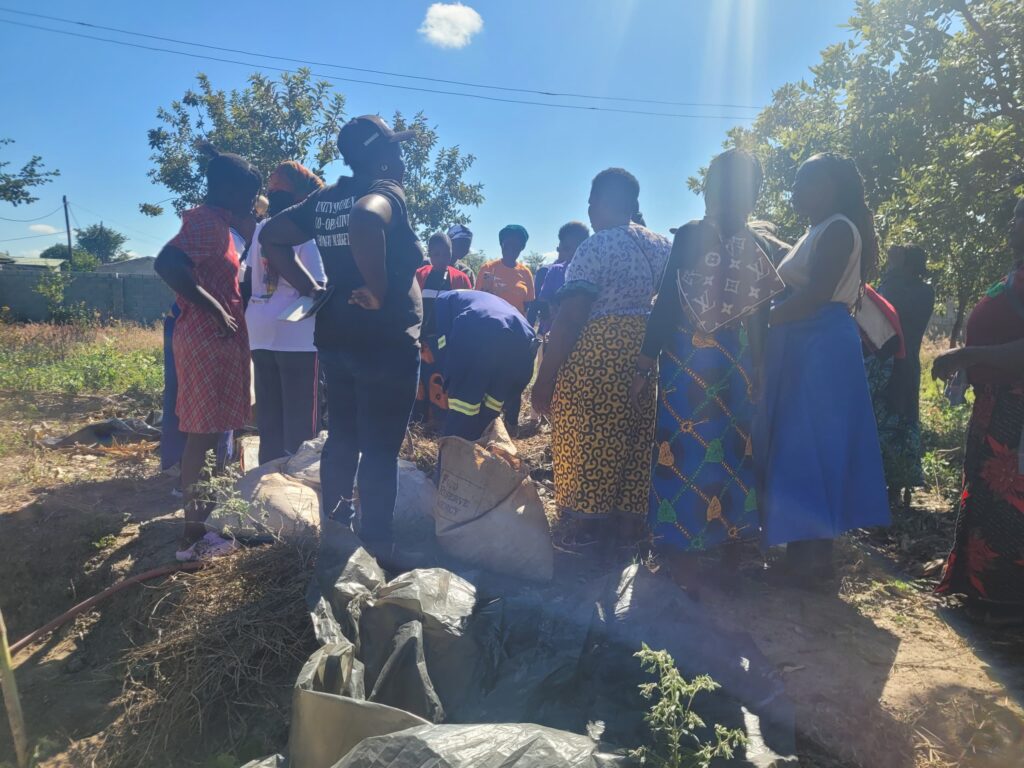
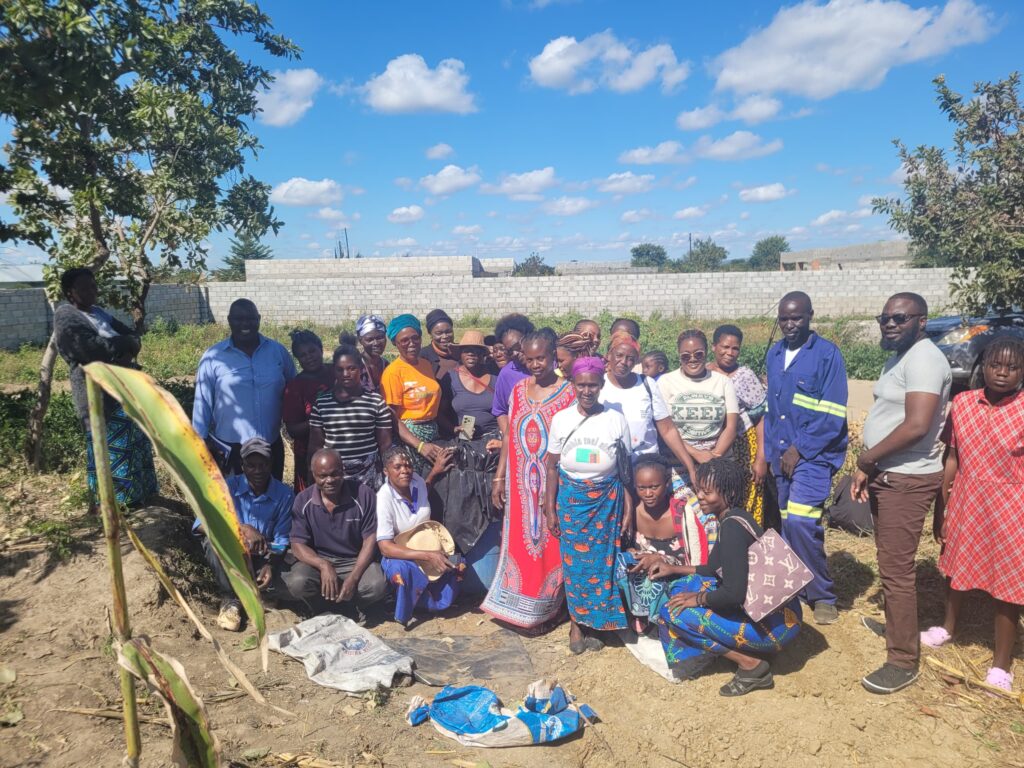
Community Support in Chirundu District

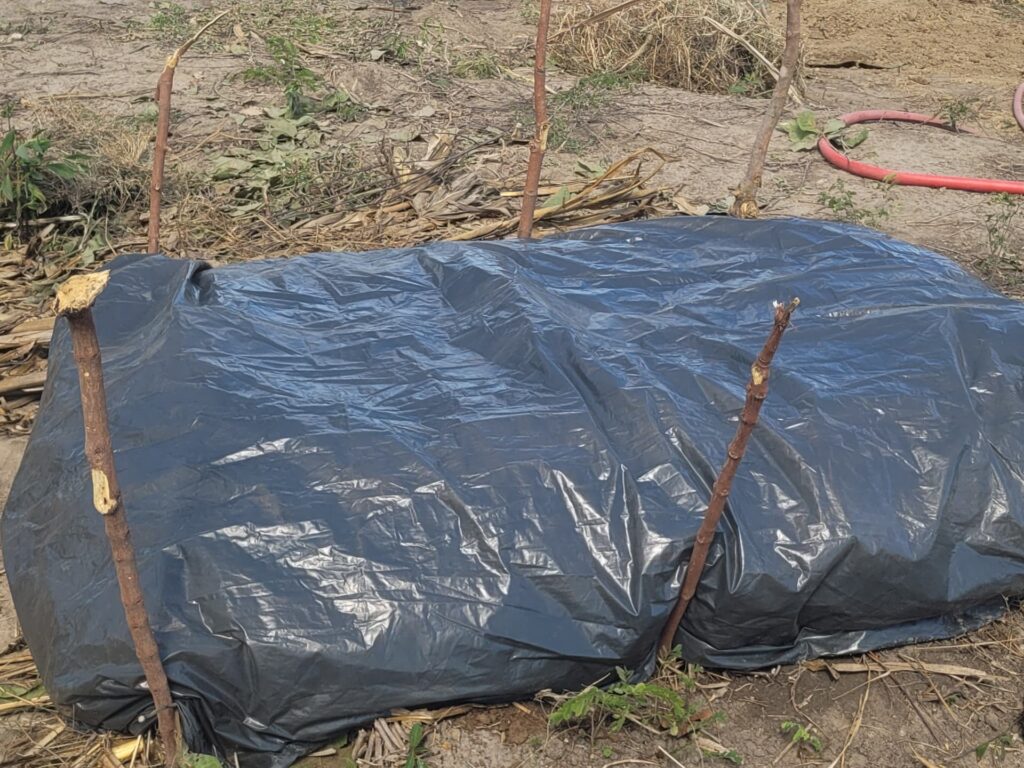
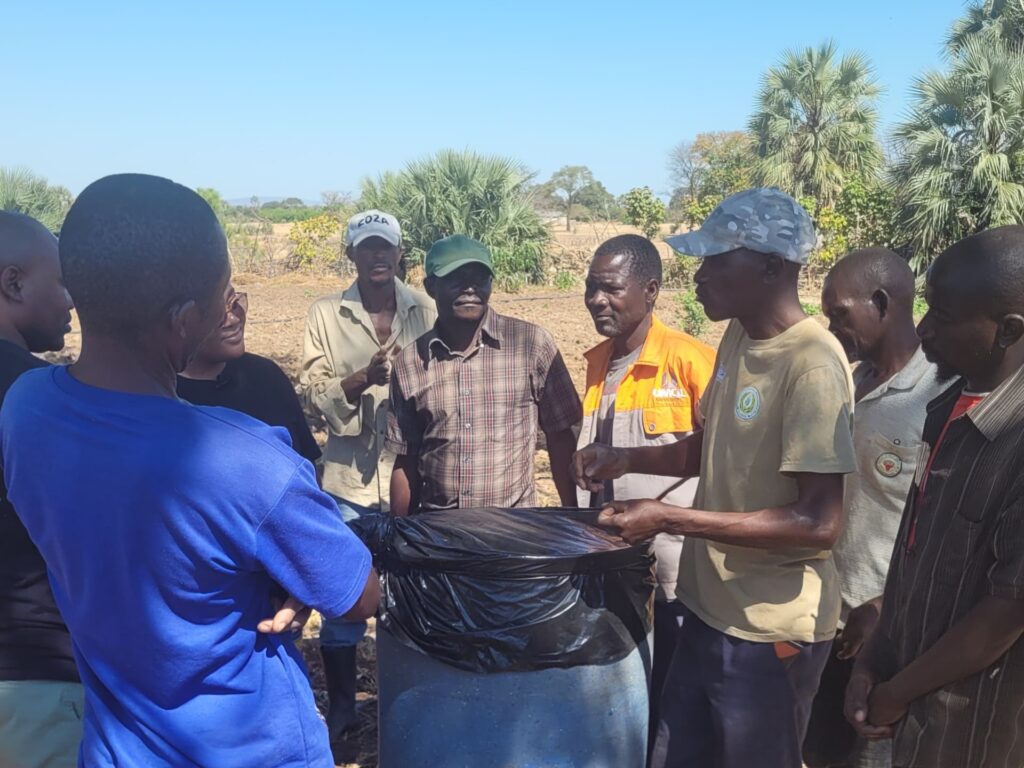
Community Support in Kafue District
